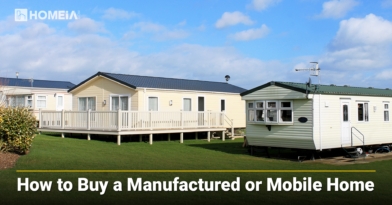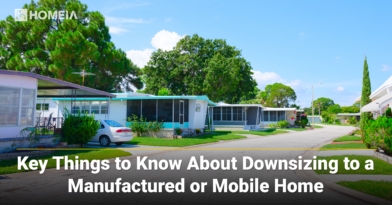The Process of Buying a Mobile Home
- Author:by Justin Becker
- Category: Buy House
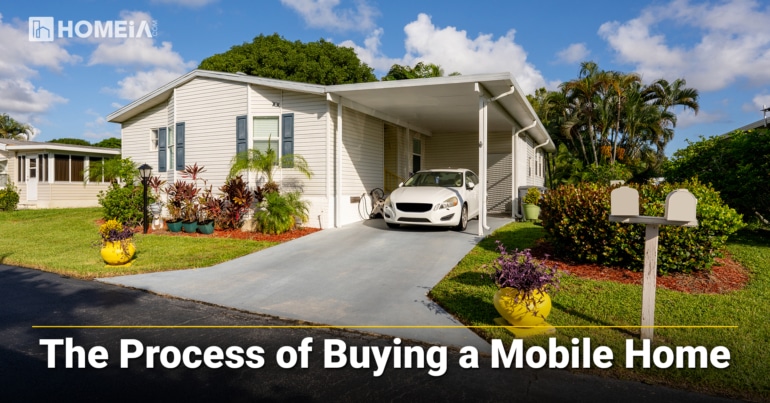
Once you have found the mobile home you want to buy, you may think you are in the home stretch—and in many ways you are. However, when purchasing any home, there is a long list of things that still need to happen before you can move in. Here are the usual steps. Let’s go over them in detail.
Table of Contents:
1. The Closing Process
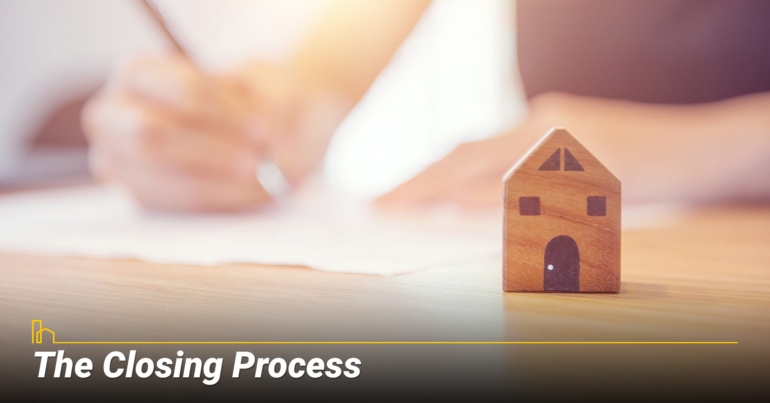
Typically, the closing process begins when you sign on the dotted line of a purchase agreement. This step triggers the next phase of closing on a home, also known as being in escrow. Here, you and the seller usually have a few weeks to get everything squared away.
When you purchase a mobile home, there is often a contingency list provided by a third-party inspector or appraisal company. During your 4-to-6-week period in escrow, the seller is expected to take care of all the listed items and repairs. Alternatively, the seller may offer money to cover the cost
After the contingency list is approved by all parties involved, negotiations are normally finalized, and pertinent documents are signed if they have not been already.
10 Key Things to Know Before Buying a Manufactured Home
Manufactured homes can cost anywhere from $20,000 for a basic single-section home to upwards of $200,000 for a multi-section home with all the upgrades. The average cost is about $82,000. Here’re 10 important things you should know before you buy a manufactured home…
2. Closing Costs
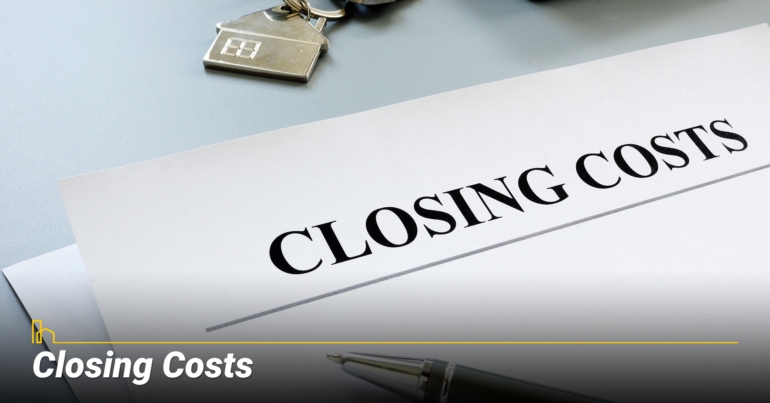
Depending on the type of financing or loan you choose, you may have closing costs. These closing costs tend to be minimal compared with the overall cost to purchase, but they can still add up.
You probably need to hire a notary public (about $10) and an inspector/appraisal company ($250 to $400). As the homebuyer, you will also likely have to pay for the title search ($75 to $100). Other expected closing expenses include sales tax (6%), possible county taxes and fees associated with the title transfer (approximately $90).
Overall, the closing costs for mobile or manufactured homes are generally less than $5,000.
If you work with a real estate attorney, you can expect to pay anywhere from $150 to $500 an hour for their services. Your real estate attorney or loan officer can supply you with the exact figures.
Pros & Cons of Modular Homes Investment
Are modular homes a good investment today? The answer is Yes, modular homes values can increase over time. As with all housing options, there are tradeoffs when choosing a modular home. They’re not for everyone, but for an increasing number who value economy, quick completion, and even quality, a modular home could be a great…
3. Homeowners and Title Insurance

If you choose to finance your mobile home, insurance is a must. Most lenders require you to obtain homeowners insurance and show proof of its purchase at closing. Homeowners insurance can cost you around $1,100 annually. While it is a significant expense, insurance is worth the price since it covers your belongings and often major home repairs.
You will also need to buy title insurance. Title insurance helps to ensure that you are the sole owner of your new mobile home. On average, title insurance is priced around $1,000 and is a one-time fee.
The buyer is usually responsible for purchasing both policies (homeowners and title insurance). In many cases, you can save yourself a few dollars by obtaining both policies from the same insurance company.
8 Key Steps to Buy a Manufactured Home in California
If you’re among the growing number of people looking to buy a mobile home in California, there are a few steps to take: Talk to owners of mobile homes, consider your priorities, learn about local laws and regulations, locate dealerships and sellers, explore available manufacturers, and consider local conditions. Then you can finance and insure your home and sign a contract…
4. Meet Loan Conditions

Your lender will likely give you other conditions that must be met before your loan can be funded. A prime example is required documentation, such as proof of insurance and income as well as the appraisal figures. A clear title report is also required. Other conditions may be loan- or lender-specific, so remember to ask your loan officer about what is required.
Though you may have to pay for copies of your pay stubs and other pertinent documents, most of the required documents, like the title search report and the appraisal, are likely paid for already.
Recommended for you
5. Moving Prep

Though it is often thought of as an entirely separate process, you may want to consider preparing to move to be part of your closing process.
Once your closing date is set, you should start organizing your move. This could entail purchasing boxes and other moving supplies or calling around for moving quotes from reputable companies in your area.
If you have some downtime during the closing phase, you can start creating your moving checklist.
How to Buy a Manufactured or Mobile Home
You’ve decided that a mobile, or manufactured home is what you want to buy. You’re not sure if buying a new home is your best option, so you’re going to look at used homes too. Let’s take a look at buying a new home first. Many of the considerations involved in the purchase of a new manufactured home will also apply to a used home…
6. Reviewing the Closing Disclosures
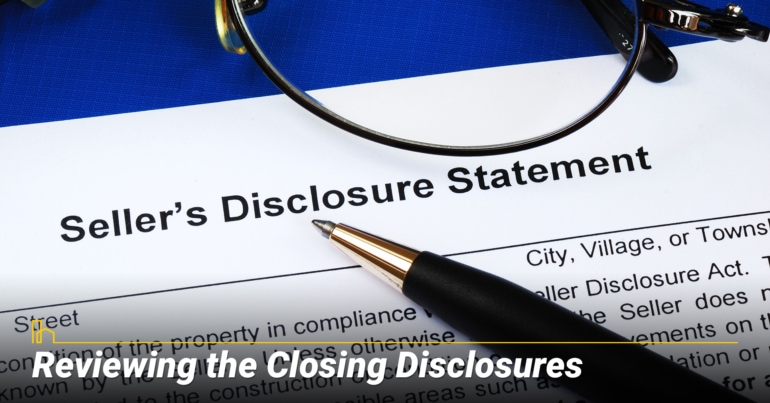
Another vital step is reviewing all closing disclosures. Reviewing these important closing documents will ensure that everyone is clear on the overall costs. A standardized form is given at closing so that you and the seller can see all the itemized costs. You should receive your disclosures at least three days before closing from your lender so that you have enough time to review them.
7. Final Walkthrough
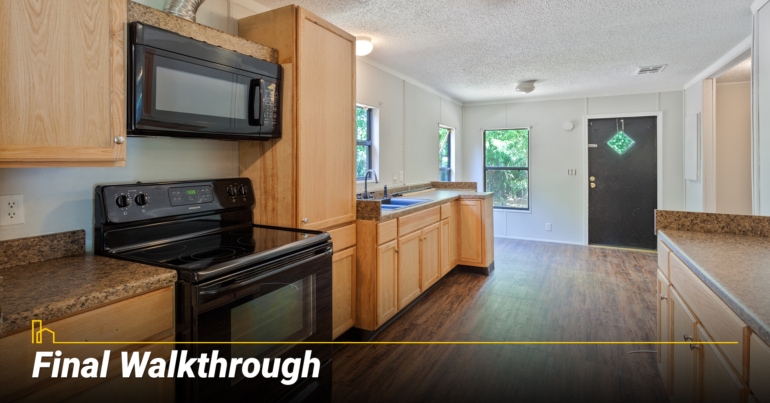
You should have a professional inspect any work done by the seller before your walkthrough.
Your final walkthrough is crucial to closing, especially if the last time you saw the place was when you were looking at other used mobile homes for sale.
Your agent is responsible for setting up the walkthrough. Usually, it is scheduled either the same day as your closing or 24 hours before. The walkthrough gives you time to double-check everything.
Key Things to Know about Downsizing to a Manufactured or Mobile Home
Housing costs are a significant portion of everyone’s monthly budget, regardless of whether we own or rent. Downsizing to a manufactured home can lower day-to-day out-of-pocket living expenses. It can also provide a pool of cash for various purposes, such as financial investment, health care expenses, and home renovations…
8. Get Your Documentation Together

When your closing date is here, you should have all the necessary closing documentation. This means you should have your insurance policies, your photo ID, a cashier check, your checkbook, and a list of your previous addresses for the last ten years. Your closing agent or attorney should send you a checklist to ensure you have everything you need for the big day.
9. Legal Transfer

The final step in the closing process is the actual transfer of the mobile home from the seller to the new owner.
The legal transfer will involve closing disclosures, your loan application, a mortgage or promissory note, collateral, a title document and proof of ownership. Other documents you may see include affidavits or sworn statements, the initial escrow disclosure and the transfer tax declaration.
After all the particulars are taken care of, you may be inclined to grab your keys to your new home and start moving in, but before you get started, remember this final stage is a good time to ask any questions you still have.
8 Key Steps to Buy a Manufactured Home
In order to buy a manufactured home, you’ll need to do some research, take a good look at your finances, find a location, shop around to find the right home, and finance the purchase. The site will be prepared, if necessary, and you’ll wait for the home to be delivered, installed, and anchored, and finally you’ll be ready to move in…
10. Double-Check Your State Requirements
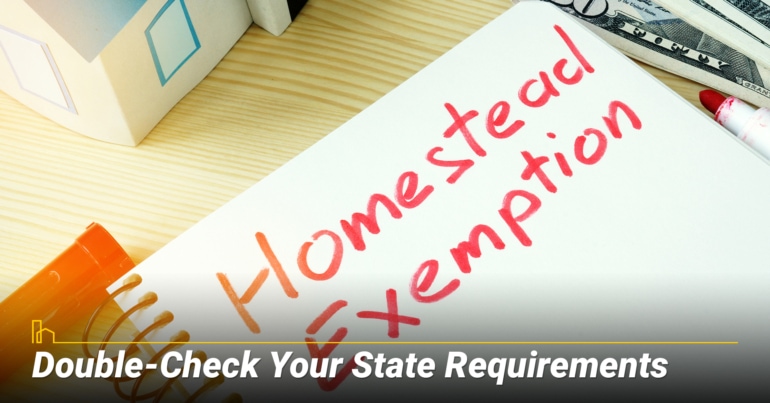
Lastly, you may need to file a homestead declaration if your state does not automatically grant it. A homestead declaration registers your home as your primary residence and affords you certain federal protections, such as the prevention of forced sale during bankruptcy, the right for the surviving spouse to stay in the mobile home upon death, and exemption from or limits to certain property taxes.
For more details regarding homestead laws, your closing agent or attorney is a great source of information.
11. Paying Closing Costs
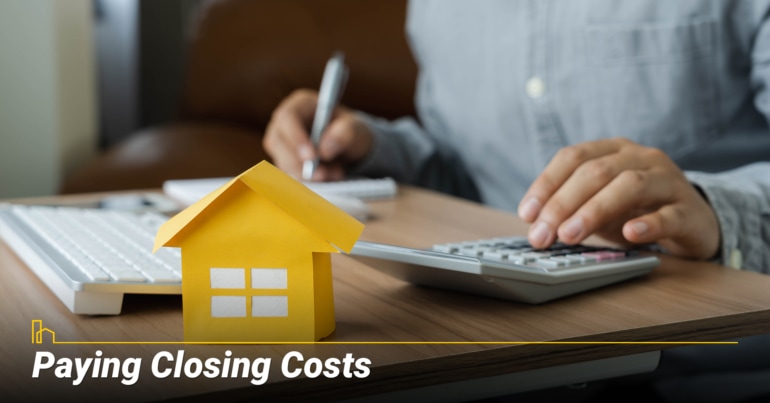
It is easy to forget about the costs involved in closing when you’re busy dealing with all of the paperwork. It is a good idea to set aside a few thousand dollars to cover all the costs that arise.
Alternatively, you can roll your closing costs into your loan amount. This common practice will cost you additional interest over time, but it will save you from scrambling to come up with additional funds for closing costs.
The closing process can be complicated and tedious, but when it is done you will get the keys and become the owner of your new mobile home.
Recommended for you








